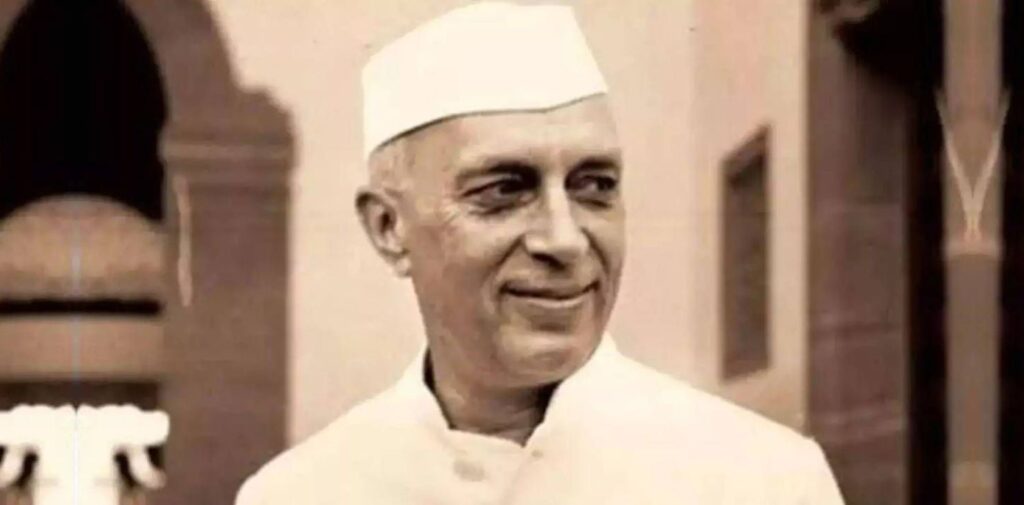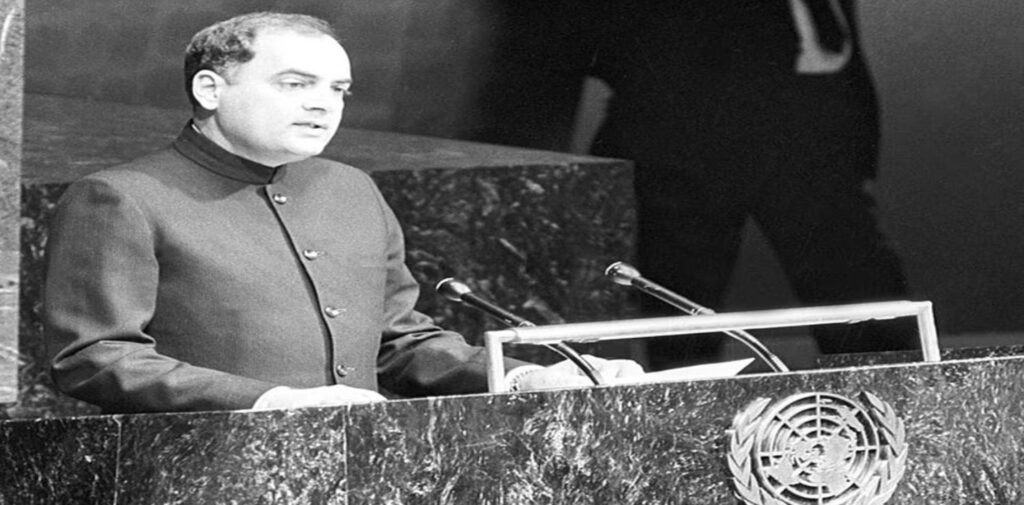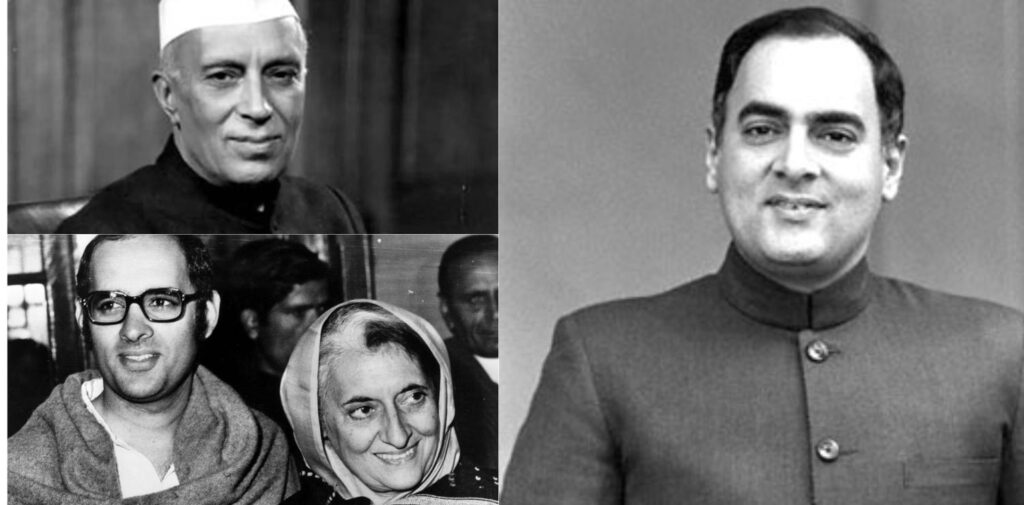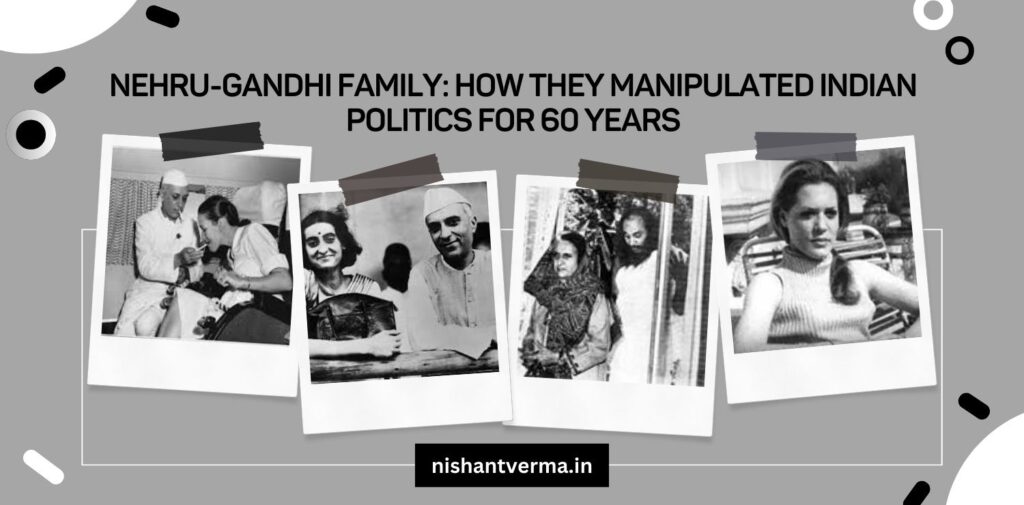The Nehru-Gandhi family has ruled over Indian politics for decades, but their long-standing dominance isn’t just a tale of leadership and governance. It’s also a tale shrouded in secrets, manipulations, and controversies that impacted the very essence of Indian society and politics. Despite being portrayed as champions of democracy, their actions often betrayed their public image, making one wonder if their true motives were more sinister.
This article dives deep into some of the darkest secrets surrounding the Nehru-Gandhi family, exposing how they allegedly twisted India’s political narrative to suit their personal and family interests, while compromising on Hindu values and national interests.
Jawaharlal Nehru: The Man Who Sidelined Hindu Culture
Jawaharlal Nehru, India’s first Prime Minister, is often revered for his role in shaping modern India. But was he really a hero? Many critics argue that Nehru’s policies were not just misguided, but also aimed at diluting Hindu culture. He’s accused of intentionally sidelining Hindu traditions and aligning more with leftist ideologies, often promoting policies that were more favorable to the Muslim community.

One of the biggest accusations against Nehru is his close relationship with Edwina Mountbatten, the wife of Lord Mountbatten, the last British Viceroy of India. This controversial relationship raised suspicions that Nehru was influenced in ways that may have compromised India’s strategic interests, especially during the partition of India and Pakistan. Many believe that Nehru’s soft stance on issues like Kashmir and his eagerness to implement Western-style secularism was a direct result of his personal connections and lack of concern for Hindu sentiments.
Indira Gandhi: A Terror in Mask
Indira Gandhi, Nehru’s daughter, took her father’s place in Indian politics but in a much more ruthless way. Her tenure as Prime Minister is marked by her absolute hunger for power, which often came at the cost of democracy itself. The infamous Emergency period from 1975 to 1977 is a glaring example of how she suspended constitutional rights, silenced the media, and jailed thousands of opposition leaders. Her actions were not about protecting the country but consolidating her power and suppressing any voices that dared to oppose her.
One of the most dark and horrifying episodes during her rule was the forced sterilization campaign led by her younger son, Sanjay Gandhi. Millions of men, especially from poorer sections, were forced into sterilization in a bid to control population growth. But was it really about population control? Critics argue that it was more about instilling fear and submission among the masses, showcasing how the family viewed the common people as mere tools to assert their dominance.
Sanjay Gandhi: The Dictator Behind the Scenes
Sanjay Gandhi, the younger son of Indira Gandhi, was a name synonymous with terror during the Emergency period. His short-lived political career was marked by sheer arrogance and an utter disregard for human rights. He wielded absolute power without any accountability, often taking decisions that had devastating effects on ordinary citizens.
The forced sterilization campaign was one of his brainchildren. People were dragged out of their homes, and entire villages were sterilized under duress. This horrifying campaign is considered one of the darkest moments in independent India’s history, reflecting Sanjay’s obsession with control and disregard for human dignity.
Sanjay’s influence on his mother also pushed Indira Gandhi to make several authoritarian decisions. His aggressive policies and high-handedness further destroyed the Congress Party’s image, leading to widespread resentment and anger.
Rajiv Gandhi: A Scandal-Ridden Tenure
Rajiv Gandhi, Indira’s elder son, reluctantly entered politics after Sanjay’s death and initially presented himself as a fresh and young leader. But his tenure as Prime Minister was no less controversial. His rule is most remembered for the infamous Bofors scandal, where his government was accused of receiving kickbacks in a defense deal. This scandal tarnished Rajiv’s image and showed that even the so-called “Mr. Clean” had a dark side.

Rajiv’s approach to sensitive issues also raised eyebrows. In an attempt to appease the Muslim community, he overturned a Supreme Court verdict in the Shah Bano case, which granted alimony to a divorced Muslim woman. This action showed how he was willing to compromise on justice and women’s rights just to secure votes.
But that’s not all. Rajiv Gandhi’s decision to allow the opening of the locks of the Babri Masjid for Hindu worshippers was seen as a calculated move to win back the support of the Hindu community. This contradictory stance only led to more communal tension and showed how the family was ready to play with fire when it came to communal issues.
Hidden Allegiances and Questionable Loyalties
The Nehru-Gandhi family’s deep connections with certain international figures, including the Mountbattens, created a narrative that they were more aligned with foreign interests than with Indian ones. There have been theories that suggest that the family, especially Nehru, favored certain minorities over the Hindu majority, causing a rift in the social fabric of India.
Nehru’s stance on Kashmir, his refusal to let the Indian Army fully reclaim Pakistani-occupied areas, and his decision to involve the United Nations are all seen as blunders that haunt India to this day. Critics believe that Nehru’s loyalty was not to India, but to an imagined global brotherhood that disregarded the sentiments of millions of Hindus who felt betrayed.

The Impact on Indian Politics and Hindu Culture: Nehru-Gandhi family
For over 60 years, the Nehru-Gandhi family held India in their grip. Their policies, decisions, and personal agendas had a lasting impact on the country’s politics, economics, and culture. Many believe that the family systematically tried to erode Hindu culture by promoting a version of secularism that was more about minority appeasement and less about true religious harmony.
Their dominance in the Congress Party led to a culture of sycophancy, where loyalty to the family was valued more than competence and integrity. This created a party structure that was more about serving the interests of the Nehru-Gandhi family than about serving the country.
Conclusion: Unmasking the True Legacy
The Nehru-Gandhi family’s legacy is one of power, manipulation, and hidden agendas. They ruled India not as selfless leaders but as political dynasts who prioritized their own family’s survival and dominance over the nation’s wellbeing. Their actions—whether it was Nehru’s questionable allegiance, Indira’s authoritarianism, Sanjay’s tyranny, or Rajiv’s scandals—have left a mark on Indian politics that will be remembered for generations.
The truth is, behind the veil of their “progressive” image, lies a history of betrayal, manipulation, and a complete disregard for the Hindu culture that forms the backbone of Indian society.




